The 10 Least Shareholder-Friendly Stocks


Profit and prosper with the best of Kiplinger's advice on investing, taxes, retirement, personal finance and much more. Delivered daily. Enter your email in the box and click Sign Me Up.
You are now subscribed
Your newsletter sign-up was successful
Want to add more newsletters?

Delivered daily
Kiplinger Today
Profit and prosper with the best of Kiplinger's advice on investing, taxes, retirement, personal finance and much more delivered daily. Smart money moves start here.

Sent five days a week
Kiplinger A Step Ahead
Get practical help to make better financial decisions in your everyday life, from spending to savings on top deals.

Delivered daily
Kiplinger Closing Bell
Get today's biggest financial and investing headlines delivered to your inbox every day the U.S. stock market is open.

Sent twice a week
Kiplinger Adviser Intel
Financial pros across the country share best practices and fresh tactics to preserve and grow your wealth.

Delivered weekly
Kiplinger Tax Tips
Trim your federal and state tax bills with practical tax-planning and tax-cutting strategies.

Sent twice a week
Kiplinger Retirement Tips
Your twice-a-week guide to planning and enjoying a financially secure and richly rewarding retirement

Sent bimonthly.
Kiplinger Adviser Angle
Insights for advisers, wealth managers and other financial professionals.

Sent twice a week
Kiplinger Investing Weekly
Your twice-a-week roundup of promising stocks, funds, companies and industries you should consider, ones you should avoid, and why.

Sent weekly for six weeks
Kiplinger Invest for Retirement
Your step-by-step six-part series on how to invest for retirement, from devising a successful strategy to exactly which investments to choose.
Facebook (FB) shareholders recently scored a major victory in ultimately preventing CEO Mark Zuckerberg from further consolidating shareholder voter power and claiming it for himself.
Zuckerberg’s original plan was to introduce a newly minted Facebook share class that wouldn’t grant owners any voting rights. While voting shares still would be available in the publicly traded float, this strategy would effectively dilute those shares without diluting the special class of so-called “supervoting” shares Zuckerberg already owns. Thus, the founder would effectively be able to exercise greater control over the company – even if that wasn’t the stated goal.
It was a direct victory for Facebook shareholders, but also an indirect win for investors who have grown weary of not having much say in how companies are run. Unfortunately, the problem of concentrated voting rights – rights that should be equitably controlled by shareholders – remains an all-too-common issue.
“The biggest issue here is that the management teams of these companies are effectively ‘activist-proof,’” said Charles Sizemore, CFA, of Sizemore Capital. “A Carl Icahn or Bill Ackman can’t realistically control enough of the company to agitate for change. That can be a good thing in that it allows management to focus on long-term value creation rather than short-term quarterly results. But it can also be bad in that management is free to go ‘empire building’ and use shareholder capital inefficiently with no outside pressure to stop them.”
Here’s a closer look at 10 companies with shareholder-unfriendly stock structures that you should consider carefully before you make an investment. Shareholders have very little influence over them, as their founders and chiefs have secured a majority of voting power.
Data and share prices are as of Oct. 2, 2017, unless otherwise indicated. Click on symbol links in each slide for current share prices and more.

Snap
There’s nothing new about a founder trying to retain control of a publicly traded company, but the practice has been fading. Between 2012 and 2015, the number of “controlled” companies – those with multiple share classes, and where any one person or group holds 30% or more of that company’s voting power – that make up the broad-capitalization S&P 1500 index fell by 8%.
It’s this trend that made Snapchat parent Snap (SNAP, $14.98) such a surprise when it went public in March of this year. Not only did it rekindle the normalization effort of keeping corporations’ founders and top managers in control, but it did so in a most egregious fashion. Although Chief Executive Officer Evan Spiegel and Snap co-founder Bobby Murphy jointly own 45% of available shares, the special class of stock they own effectively means they have almost 90% control of the organization.
To put some perspective on the matter, Snap’s move ultimately prompted S&P Dow Jones Indices to establish new rules about companies that could be included in its indexes. Companies that issue multiple classes of stock will be barred, meaning index-based mutual funds and ETFs won’t have any reason to buy these shares.
The pros are cheering the move. Aeisha Mastagni, an investment officer for the California State Teachers’ Retirement System (CalSTRS), commented on the decision to not include Snap in the FTSE Russell Index, telling the Los Angeles Times, “We’re glad to see that the indexes are beginning to seriously consider the issues posed by nonvoting shares. We look forward to seeing how some of the other indexes are going to address nonvoting shares as well.”
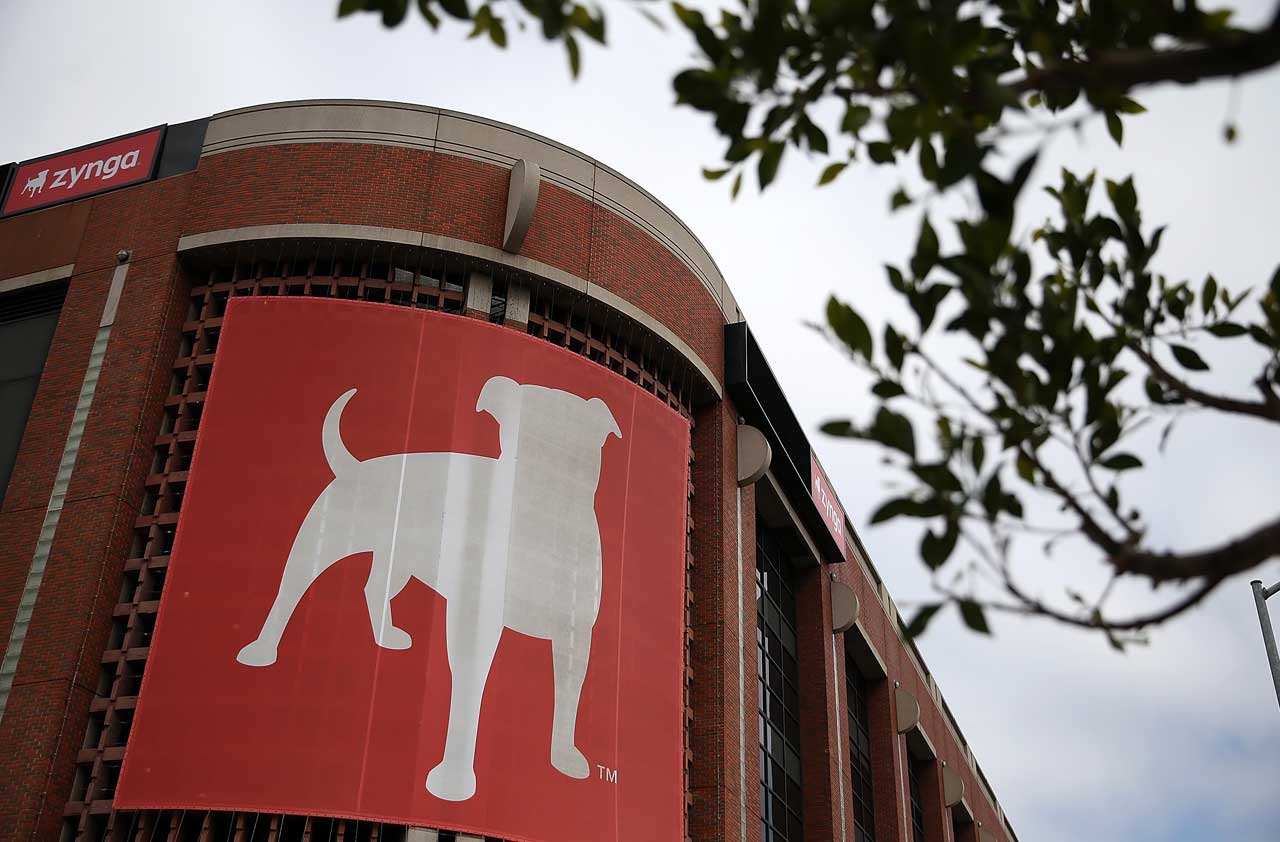
Zynga
Video game publisher Zynga (ZNGA, $3.84) has largely fallen off the radar of both investors and the mainstream media following its late 2011 initial public offering, but it’s still around. Not even the severance of the once-symbiotic relationship with Facebook, which fed it a constant string of players, was enough to deal the company a death blow.
To its credit, Zynga has earned high marks from socially responsible investing adviser Censible in terms of workforce diversity, and it has financially supported academic institutions’ efforts to promote diversity within teams that jointly develop games.
Carrie Friedman, a former governance and proxy voting specialist for American Funds, has seen this sort of maneuvering before. She noted:
“It’s interesting that while you have more and more companies engaging in and promoting investment stewardship via ESG (Environmental, Social and Governance) considerations in an attempt to attract investors, we’re also seeing a potential trend that could significantly limit shareholder oversight of and influence in the direction of the companies they’ve invested in which could ultimately push investors away.”
Investors have indeed stayed away from Zynga, which has developed clear profitability problems. The current price of less than $4 per share is a far cry from its IPO price of $10, and miles away from its 2012 peak price of $15.91.
While it wouldn’t be accurate to say the company’s shareholder voting rights distribution is the core cause of the stock’s pullback, former CEO Mark Pincus did and still does hold roughly 70% of all shareholder voting power. It’s a good example of what can happen when one person – a founder – holds control for a little too long when he or she arguably shouldn’t. One can’t help but wonder what Zynga might have become had Pincus been able to be overruled.
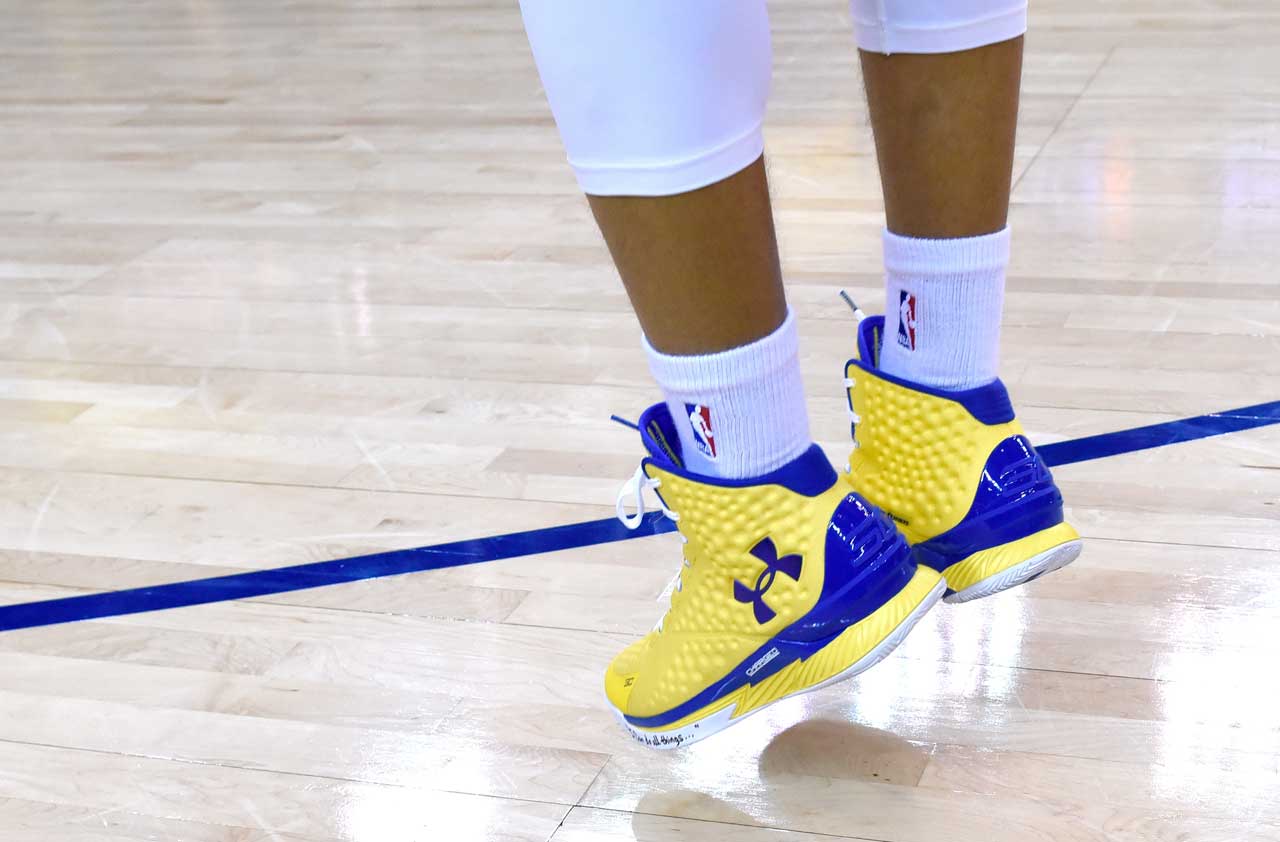
Under Armour
The same “what if?” question may well apply to sports apparel brand Under Armour (UAA, $16.60).
That is, while founder and CEO Kevin Plank did a tremendous job of creating something from nothing beginning in 1996, the startup tactics – and the startup spending binge �� are anything but ideal for a fully developed company like the one Under Armour is now.
“These folks who built these enterprises and launched IPOs deserve priority ownership,” said Andrew Hart, co-founder and chief planning strategist of Wallace-Hart Capital Management. “Though, that may lead to some bad outcomes for some companies. It becomes more a game of identifying the leader who ages well because they may not be separable from the company.”
It certainly has made matters contentious for UAA shareholders, who have felt relatively powerless to do anything about the stock’s 65%-plus selloff since mid-2015 on results that haven’t lived up to investor expectations. But in that Plank controls roughly two-thirds of the company because his specially created B shares grant him 10 votes as opposed to just one vote for Under Armour’s regular class A shares, who’s going to stop or replace him? He’d have to fire himself.
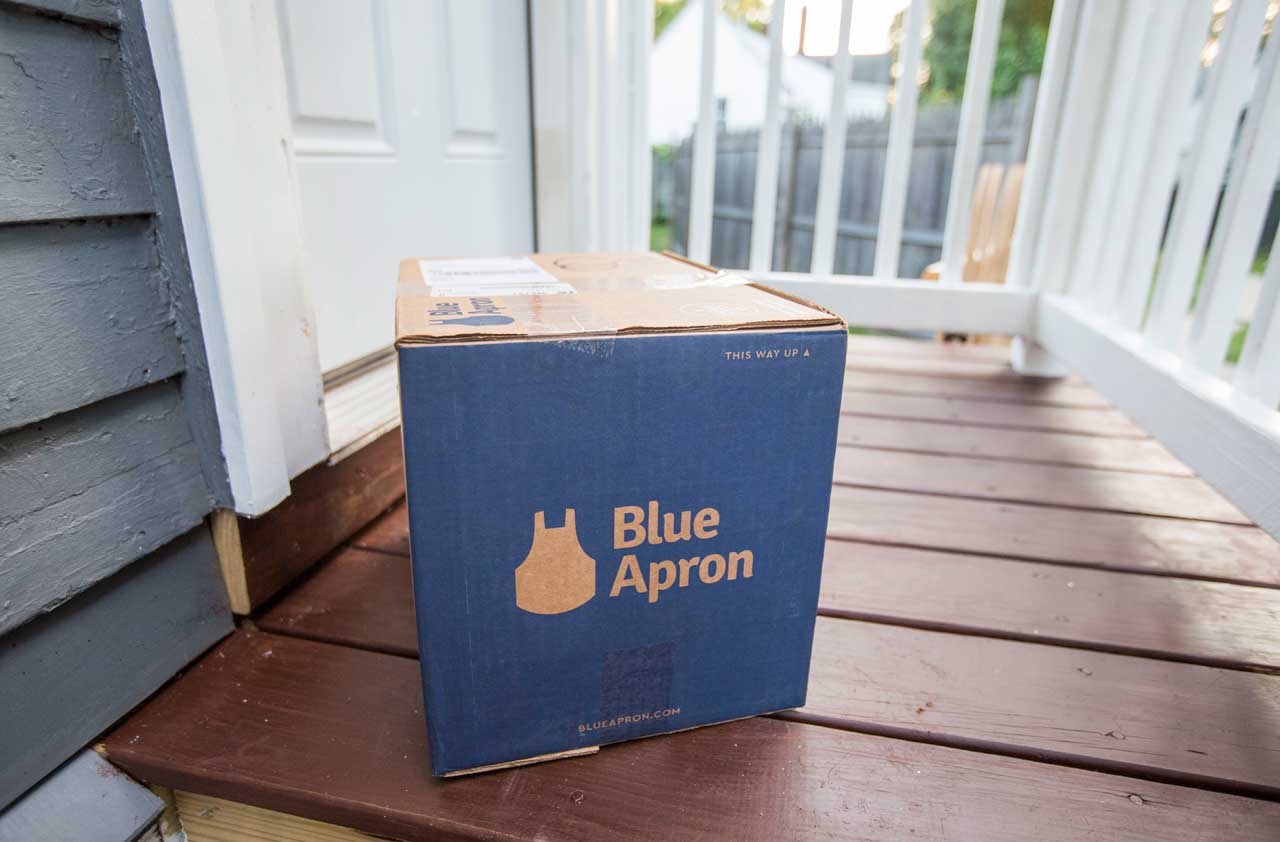
Blue Apron
The premise of delivering meal kits is a sound one, and Blue Apron (APRN, $5.44) has smartly capitalized on the idea. Unfortunately, the company also capitalized on the idea of centralizing control in the hands of just a few founders.
Blue Apron can’t say it wasn’t warned. Just prior to its June IPO, the nonprofit investor advocacy group Council of Institutional Investors delivered a letter to CEO Matthew B. Salzberg, opining:
“As long-term investors, we believe a decision by Blue Apron to go public with the triple-class structure will undermine confidence of public shareholders in the company. Independent boards accountable to owners should be empowered to actively oversee management and make course corrections when appropriate. We recognize that the holders of super-voting shares will in fact own a significant majority of shares immediately post-IPO, minimizing our concerns in the short-run. However, our interest is in the longer-term health of capital markets. Blue Apron’s share structure amounts to a ‘ticking time bomb’ for the gross misalignment of ownership and control, with class B holders operating the clock.”
The specifics: The class A shares that trade under the ticker APRN pale in comparison to the voting power of its class B shares, which are held only by founders and management – who maintain a whopping 98% of all voting power.
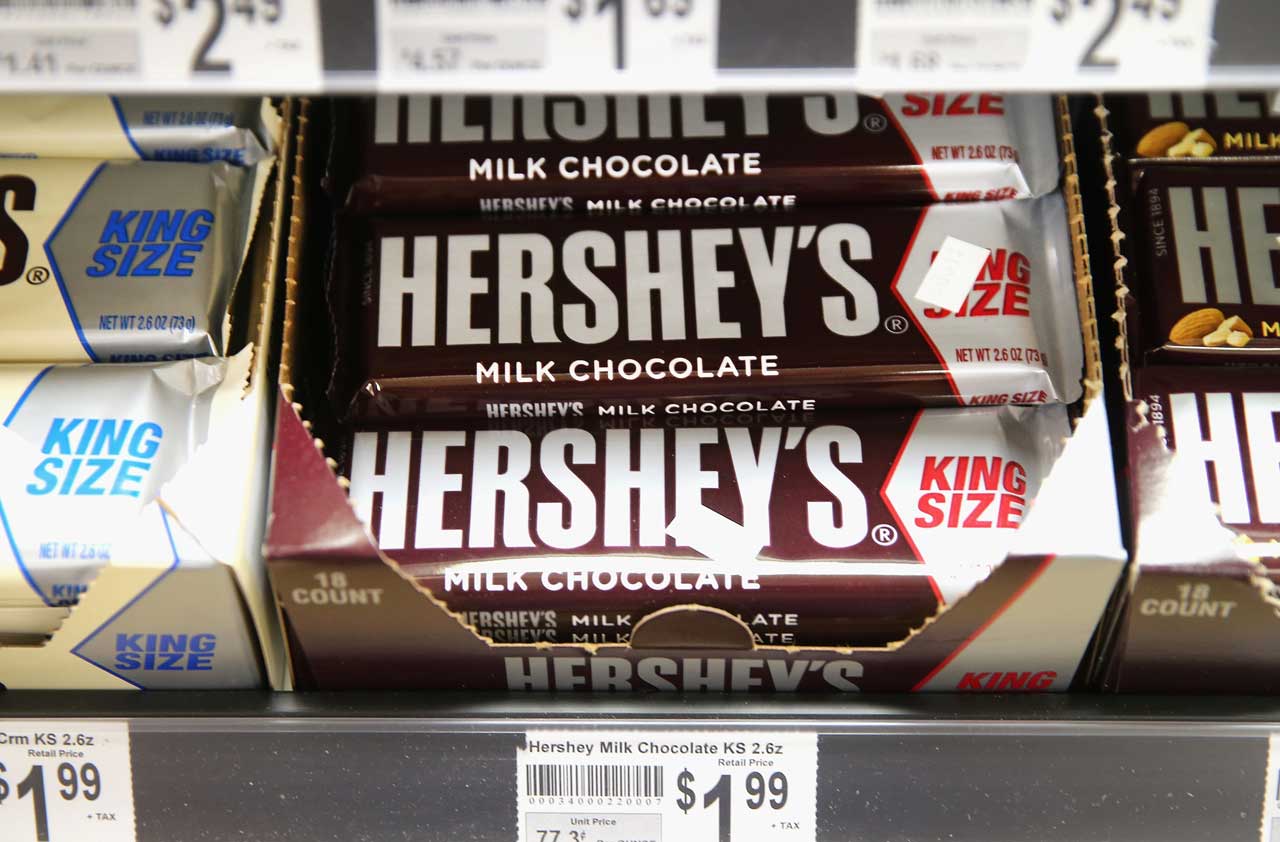
Hershey
You would think an organization as benign as a candy company wouldn’t be subject to the power-grab controversies that pop up on other fronts. But you would be wrong.
The Milton Hershey School Trust owns 8 million common shares of Hershey (HSY, $108.84), but owns a whopping 60.6 million of the company’s B shares, giving the trust’s manager – the Hershey Trust Company – control of 80% of shareholder votes for the well-known chocolate maker.
When Milton Hershey created the trust for the purpose of funding a boarding school for low-income families, it’s safe to say he didn’t foresee the problems that would arise with the relationship over time. However, the trustees – with a $12 billion endowment and an easy opportunity to abuse their influence – have been accused of wrongdoing on a few occasions.
What ultimately set the stage for the turmoil, however, was developing a means to centralize control of a company – even if it was for a good cause.

Brown-Forman
Another mostly off-the-radar company that has made unusual capitalization/share-issuance decisions is distiller Brown-Forman (BF.B, $55.24) – the business behind brands such as Jack Daniel’s whiskey, Korbel champagne and Finlandia vodka. But it’s one of the few instances where family control of a company hasn’t necessarily put other shareholders at a disadvantage.
It has just left the public confused as to which shares to buy.
There are two categories of Brown-Forman stock. Class A shares give you the same voting rights enjoyed by the Brown family. B shares are priced similarly to A shares and pay out the exact same dividend, but don’t offer any voting power.
Such an arrangement would usually translate into a premium of the A shares of the value of class B stock, but here, that largely isn’t the case. Class B shares have traded for a premium for the majority of the past three decades, and in the past, Brown-Forman has bought back B shares to ultimately retire them. However, recent speculation that an activist investor might try to gain power has driven the voting A shares to a premium.
It’s a win/win rather than a win/lose decision. But no matter how you slice it, the Brown family continues to call most of the shots for the time being.
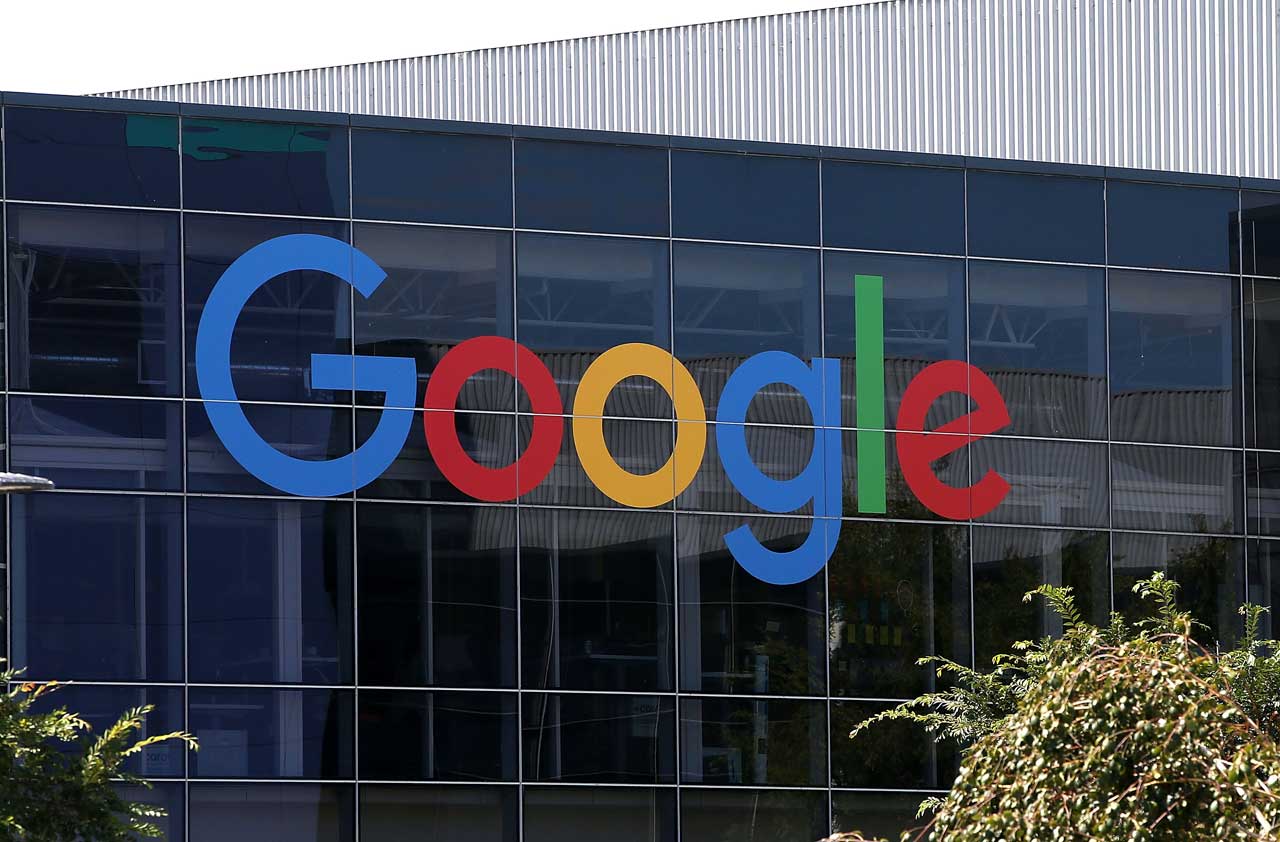
Alphabet
Remember when some of your Alphabet (GOOGL, $967.47) shares changed their ticker from GOOG to GOOGL back in 2014? That wasn’t just a way of enacting a stock split and helping you figure out which were your pre-split shares and which were given to you as a dividend. The move ultimately was a means of diluting your voting power to effectively ensure founders Larry Page and Sergey Brin retained complete control of the company by subtracting that control from the publicly held float.
How it worked: Prior to the split, every share of GOOG allowed you one vote when it came to matters at the company’s annual meeting. After the split, class A shares trading under the GOOG ticker still grant you one vote, while your GOOGL stock (class C shares) doesn't provide any voting power.
Meanwhile, Page and Brin still get 10 votes for each of the class B shares they hold (you can’t buy them), though each founder also collected the dividend in the form of additional GOOG shares.
Crunching the numbers lets you know Page’s and Brin’s 11% ownership of Alphabet means they hold 51% of the company’s voting power.
Don’t think for a minute that professional stock-pickers haven’t noticed, either. At the most recent shareholder meeting, NorthStar Asset Management – which owns more than 7 million shares of Google’s parent – proposed a restructured share scheme. The company’s representative explained, “It’s impossible for shareholders to have any meaningful input. We are very concerned about the governance risks of relying on two or three people.”

Ford
Yet another family-driven throwback ownership structure – and another one many investors don’t even realize is in place – is that of Ford (F, $12.09).
As of the most recent look, Henry Ford’s family only owns about 6% of the company’s total equity – but claims about 40% of the car company’s voting rights thanks to collective ownership of 70 million class B shares. Moreover, it would be a logistical nightmare to even try to wean control from the family.
That doesn’t mean some people aren’t trying to make it happen anyway.
John Chevedden, of Redondo Beach, California, is one of them. At Ford’s most recent shareholder gathering, he proposed an elimination of the two tiers of stock and the creation of a truly equitable one – just as he has during so many other annual meetings. His thesis? “This dual-class voting stock reduces accountability by allowing corporate control to be retained by insiders disproportionately to their money at risk,” the Detroit Free Press reported.
The proposal was voted down, though a little more than one-third of shareholders in attendance voted in favor of Chevedden’s idea ... and support for his suggestion grows every year.
To be fair, Ford’s heavy family ownership hasn’t proven to be a glaring problem, in that the family has been more than willing to put non-family members in the company’s top positions, including that of CEO. So it would be difficult to say the recent weakness in F shares could have been avoided were the family not so involved – because it’s not terribly involved.
All the same, it’s a controlling relationship that always has the potential to sour.
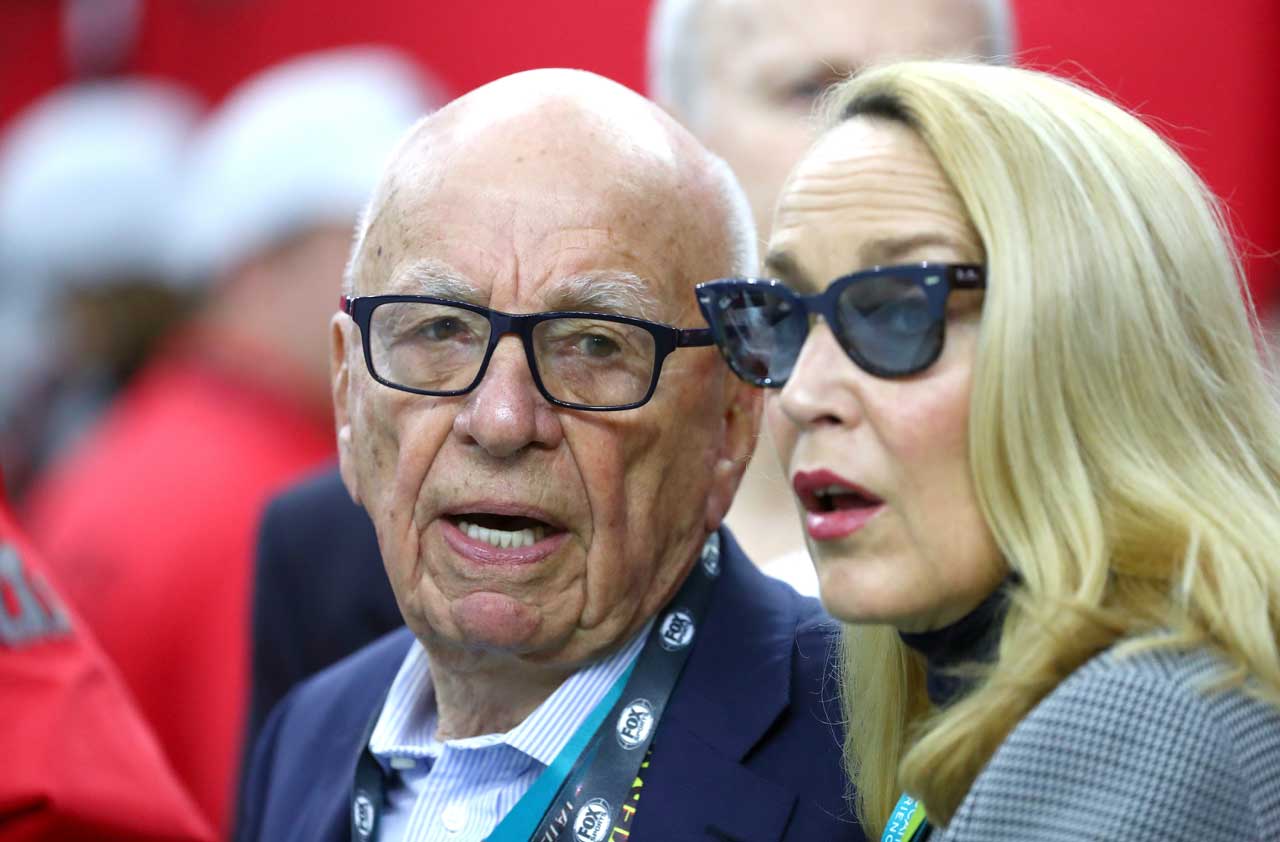
Twenty-First Century Fox
The name Rupert Murdoch and Twenty-First Century Fox (FOXA, $26.60) have almost became synonymous, and have practically become interchangeable. Ditto for News Corp (NWSA). That’s because Murdoch – or at least he and his family – owns 39% of each media company.
That’s not a commanding degree of control, but it’s enough. Regardless, to the extent Murdoch et al. don’t legally control Fox or News Corp, they effectively do beyond the large share stake. As Bruce Guthrie, the former editor of News Corp-owned newspaper Herald Sun, put it in his 2010 book:
“In five years at News, I had learned that most senior executives don’t do anything without first asking themselves: ‘What will Rupert think about this?’ He’s an all-pervasive presence, even when he’s not in town.”
In other words, Rupert Murdoch gets what Rupert Murdoch wants, because what he lacks in outright ownership he makes up for in control.

Scripps Networks Interactive
This last “problem” stock might not be a problem much longer.
Much like Hershey’s and Brown-Forman’s situations, the ownership/control imbalance that Scripps Networks Interactive (SNI, $86.11) brings to the table is mostly a throwback to a years-ago effort by the family to retain control of the media giant. Nevertheless, the family’s 92% voting control of Scripps – which is home to media brands such as Food Network and HGTV – has become more than a little frustrating for all other shareholders.
Case in point: Scripps Networks Interactive has received acquisition overtures several times in the past from companies such as Discovery Communications (DISCA) and Viacom (VIAB). The family held out for a while, shooting down what were not only healthy offers, but offers that ultimately would enrich investors that aren’t part of the Scripps family.
That said, Discovery finally cracked through in late July with a $14.6 billion cash-and-stock deal to buy Scripps. The deal still is subject to a shareholder vote and regulator approval – and Discovery would have to pay a stiff $356 million termination fee should the board alter its recommendation – but it’s expected to go through in 2018.
James Brumley did not hold a position in any of the aforementioned securities as of this writing.
Profit and prosper with the best of Kiplinger's advice on investing, taxes, retirement, personal finance and much more. Delivered daily. Enter your email in the box and click Sign Me Up.

-
 The New Reality for Entertainment
The New Reality for EntertainmentThe Kiplinger Letter The entertainment industry is shifting as movie and TV companies face fierce competition, fight for attention and cope with artificial intelligence.
-
 Stocks Sink With Alphabet, Bitcoin: Stock Market Today
Stocks Sink With Alphabet, Bitcoin: Stock Market TodayA dismal round of jobs data did little to lift sentiment on Thursday.
-
 Betting on Super Bowl 2026? New IRS Tax Changes Could Cost You
Betting on Super Bowl 2026? New IRS Tax Changes Could Cost YouTaxable Income When Super Bowl LX hype fades, some fans may be surprised to learn that sports betting tax rules have shifted.
-
 The 24 Cheapest Places To Retire in the US
The 24 Cheapest Places To Retire in the USWhen you're trying to balance a fixed income with an enjoyable retirement, the cost of living is a crucial factor to consider. Is your city the best?
-
 Surgeon General Eyes Social Media Stocks With Warning Label Push
Surgeon General Eyes Social Media Stocks With Warning Label PushSocial media stocks are under pressure after the U.S. surgeon general called for warning labels on social media platforms. Here's what you need to know.
-
 Stock Market Today: Stocks Sizzle Ahead of Apple Earnings, Jobs Report
Stock Market Today: Stocks Sizzle Ahead of Apple Earnings, Jobs ReportThe Nasdaq outperformed in a strong day for stocks thanks to Qualcomm's post-earnings pop.
-
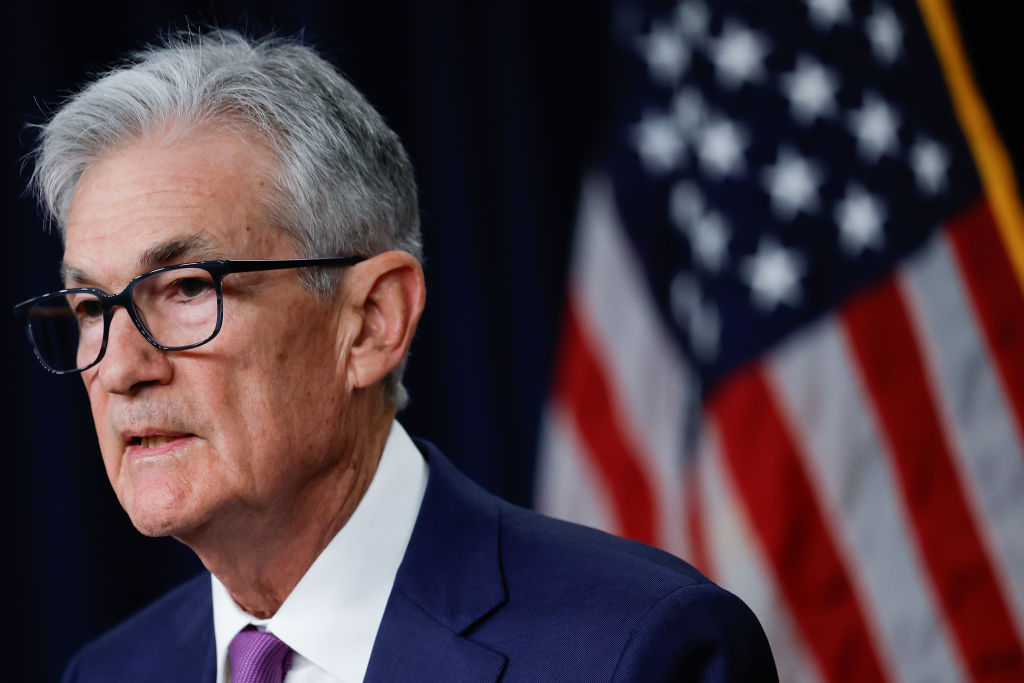 Stock Market Today: Stocks Pop Then Drop After Fed Meeting
Stock Market Today: Stocks Pop Then Drop After Fed MeetingStocks went on a roller-coaster ride after Fed Chair Powell said interest rates were likely at a sufficiently restrictive level.
-
 Stock Market Today: S&P 500 Nabs New Record Close After February CPI
Stock Market Today: S&P 500 Nabs New Record Close After February CPIStrong gains for Oracle and Nvidia helped the main indexes brush off hotter-than-anticipated inflation data.
-
 Stock Market Today: Stocks Struggle Ahead of February CPI Report
Stock Market Today: Stocks Struggle Ahead of February CPI ReportThe main indexes had trouble getting off the ground Monday as Wall Street waits for tomorrow's inflation update.
-
 Stock Market Today: S&P 500 Nabs a New Record High
Stock Market Today: S&P 500 Nabs a New Record HighThe main indexes carved out notable gains Wednesday thanks to well-received earnings from Chipotle and Roblox.
-
 Stock Market Today: Dow Spikes 489 Points After Encouraging Inflation Data
Stock Market Today: Dow Spikes 489 Points After Encouraging Inflation DataTuesday's cooler-than-expected CPI report lit a fire under stocks.
